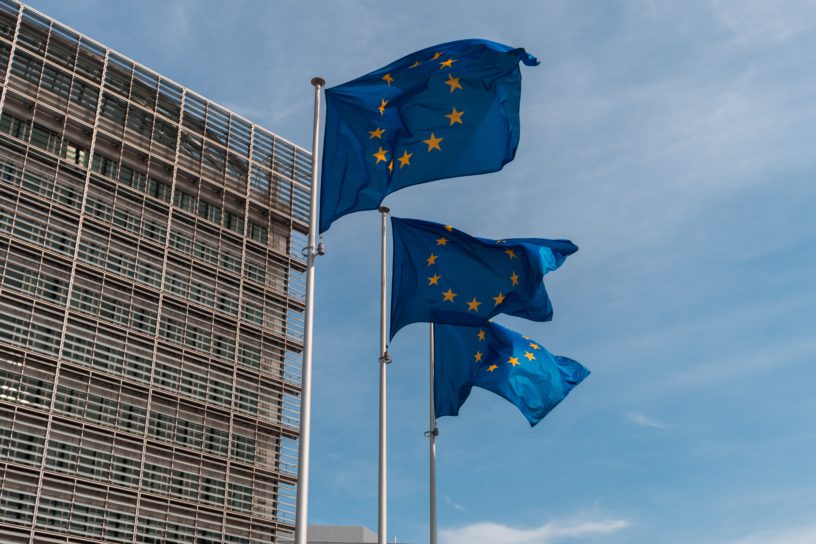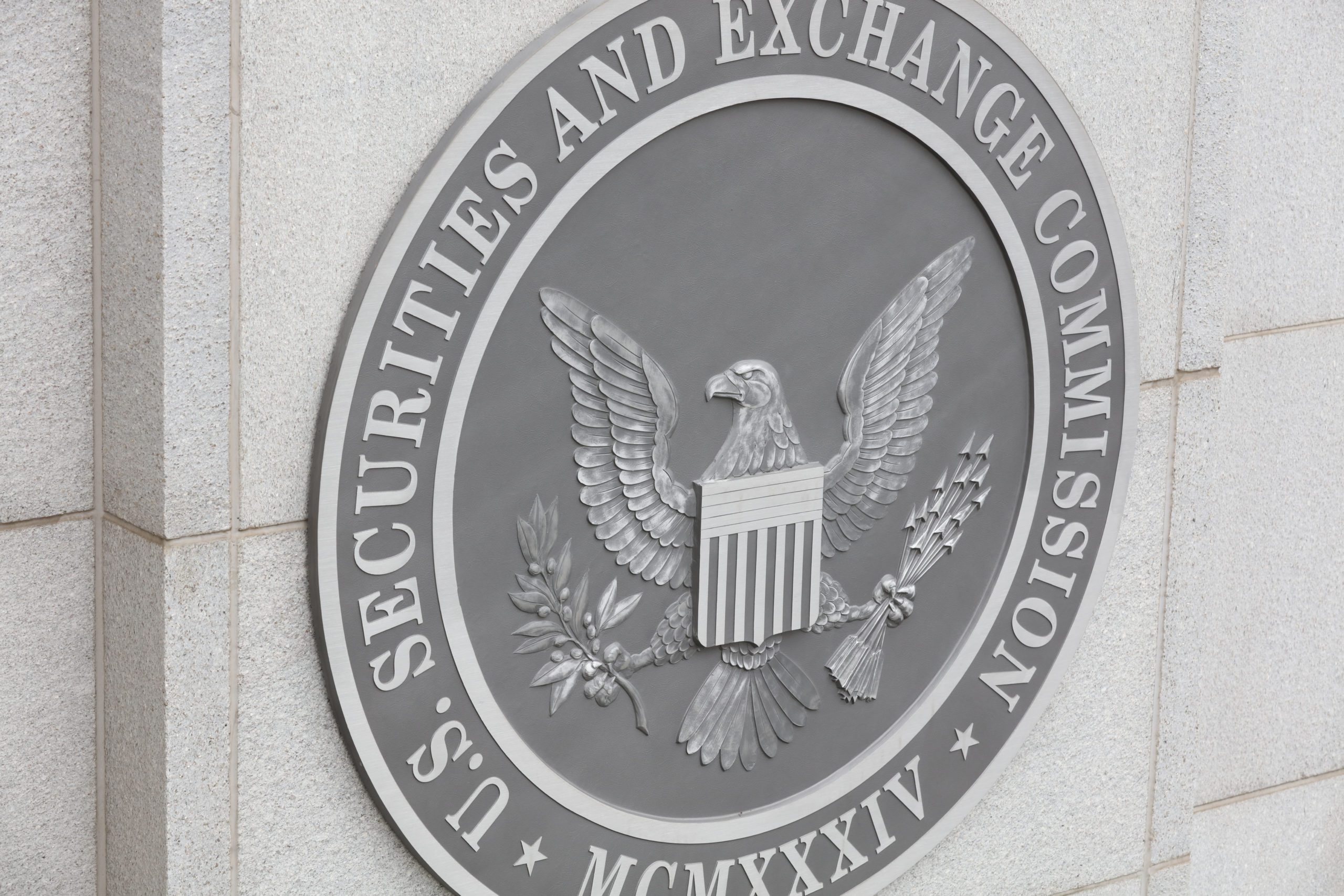By Dan Byrne for AMLi
THE EUROPEAN Union’s new ‘Magnitsky Act’ — establishing a human rights sanctions regime — will give sweeping new powers to the bloc as a whole – as opposed to national governments.
Those involved in human rights violations across the world can now be sanctioned on an individual basis by the EU, according to official documents seen by AML Intelligence.
The move will bring the bloc on par with similar legal measures in the US and UK, with one EU official praising the ability to “sanction a Chinese official without sanctions on China.”
However, it is also understood that important limitations will exist.
EU ambassadors have agreed on two agreement documents – one decision and one regulation – from the European Council. These were seen by AMLi and will be presented on Monday next at a meeting of foreign ministers.
The agreement follows years of discussion but because there is no clear definition of ‘corruption’, the new act will not allow for sanctions on that basis alone.
Additionally, the mechanism will require unanimity across all 27 member states, paving the way for potential veto stand-offs across the bloc.
Crimes covered by the EU’s ‘Magnitsky Act’ will include genocide, crimes against humanity, gender-based violence, arbitrary arrests and detentions, abuses of freedom assembly or expression. Sanctions will be in the form of travel bans and asset freezes.
The new regulations will be officially announced at a meeting of EU foreign Ministers Monday and are due to be symbolically signed off on 10th December – Human Rights Day.
The European ‘Magnitsky Act’ is merely a nickname but describes an important new legal framework for the EU to target human rights violators.
The original American Magnitsky Act was signed into law by President Obama in 2012 and was named after Russian tax lawyer Sergei Magnitsky – a whistle-blower of Russian government corruption who was arrested in Russia in 2008.
He died eleven months later after his living conditions and health severely deteriorated.
The EU version of the law inspired by his death will not officially carry his name. This is to avoid more pro-Russian leanings of some member states – harking towards a potential issue when the rules come into force.
With unanimity required before any sanctions are agreed upon, this may pave the way for division to surface in the decision process, exacerbating ideological splits between member states.
In the short-term, proposed sanctions on any Russian officials may meet opposition from some eastern states with closer ties to the country, or with differing political values.
The current tension between the EU’s leaders and the governments of Poland and Hungary are an example of where differences could easily surface.
Indeed, Bill Browder – CEO of Hermitage Capital Management, former colleague of Magnitsky, and vocal critic of Russian corruption – tweeted his criticism last week:
“It seems that Putin’s Trojan Horse – Hungarian PM Victor Orban – is already hard at work trying to make sure that no Russian show up on that list,” he said, speaking of the coming weeks when EU leaders begin to discuss who will be sanctioned.
The requirement for unanimity was added in a later draft of the documents, according to Politico. It is understood that the Netherlands had pushed for a reduced requirement of a ‘qualified majority’ but this had been rejected.
Insider diplomats told Politico that most member states were of the opinion that unanimity “gives a stronger message of political will.”
Share this on:
Follow us on:











